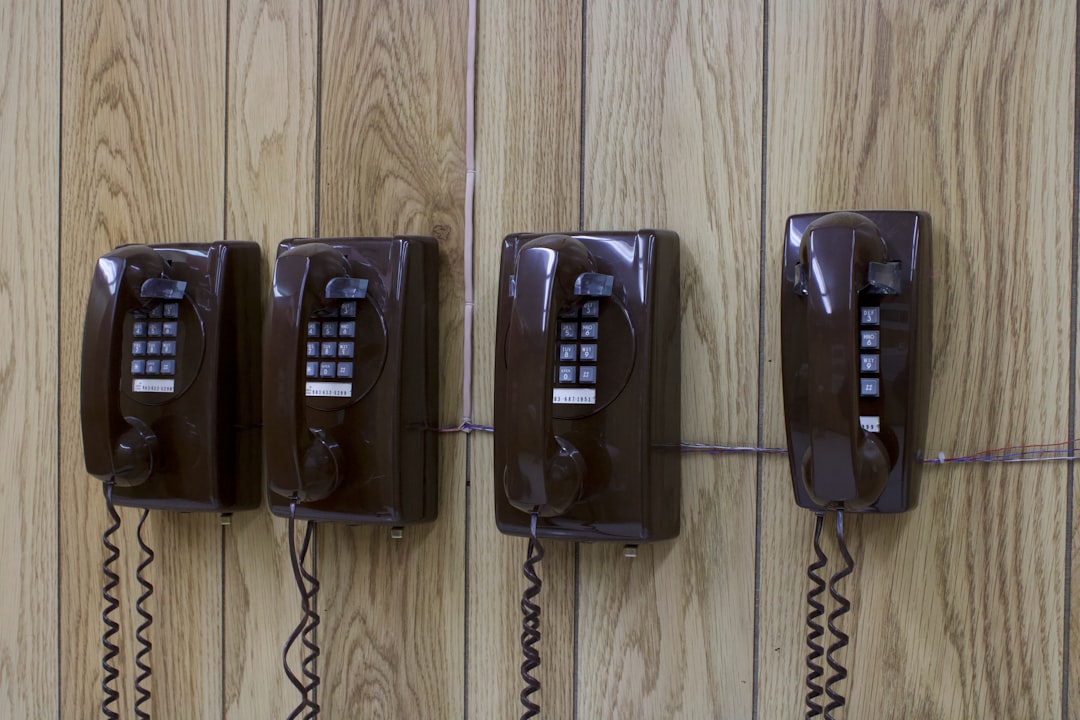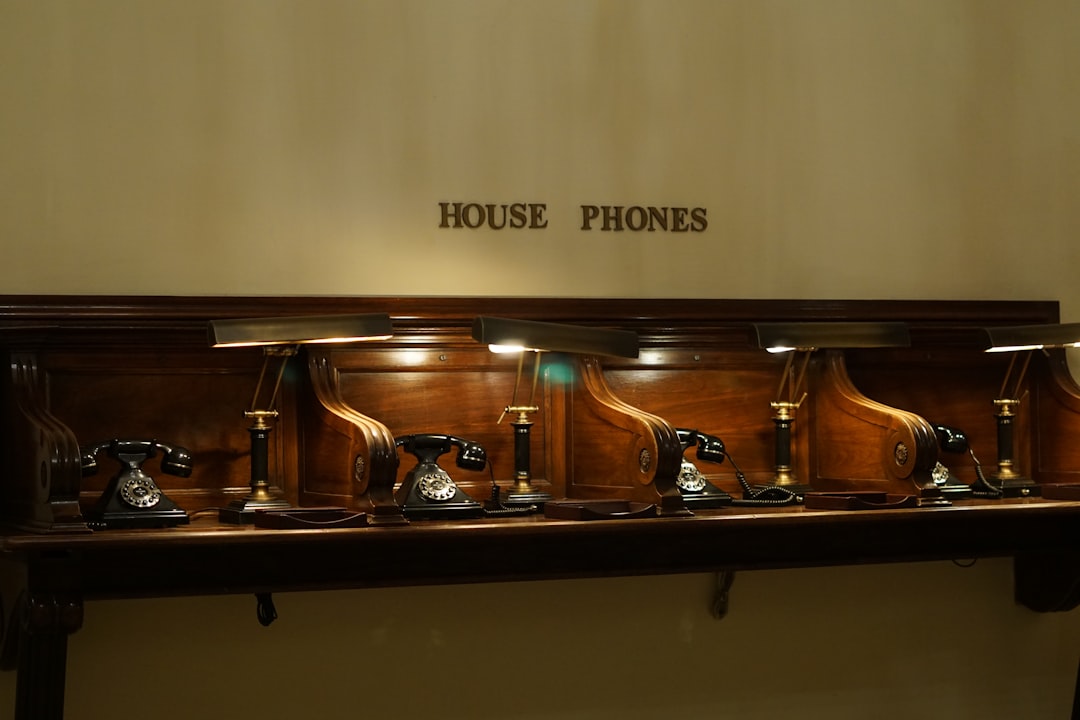In the digital age, robocalls are a common issue in Topeka, Kansas, but residents have rights and options. To combat illegal robocalls, gather evidence like call logs, recordings, and text messages; document calls with timestamps and phone records; report patterns to the Federal Trade Commission (FTC); and notify local law enforcement. These steps are vital for protecting privacy, consumer rights, and digital safety in Robocall Kansas.
Tired of unwanted robocalls inundating your Topeka home? You’re not alone. Understanding your rights and how to prove these calls are illegal is crucial. This guide navigates the legal landscape of robocalls in Kansas, equipping you with tools to gather evidence and take action. From documenting timestamps, phone records, and call logs to reporting the culprits, learn how to stand up against these intrusive calls once and for all. Say goodbye to unwanted Robocall Kansas disturbances!
Understanding Robocalls and Their Legal Status in Kansas

In the digital age, robocalls have become a ubiquitous and often unwanted part of daily life for many Americans, including folks in Topeka, Kansas. A “robocall” refers to an automated telephone call that delivers a pre-recorded message to multiple recipients simultaneously. While these calls can be informative, they’re often associated with telemarketing, political campaigns, or even fraudulent activities. In Kansas, the legal status of robocalls is governed by state and federal regulations, primarily the Telephone Consumer Protection Act (TCPA). This legislation restricts how businesses and organizations can use automated dialing systems to contact consumers for marketing purposes.
Topeka residents who suspect they’ve received illegal robocalls have rights and options. If a call violates the TCPA or Kansas’ own privacy laws, recipients may be able to take action. This could involve filing a complaint with state or federal agencies, seeking legal recourse through lawsuits, or registering complaints with the Federal Communications Commission (FCC). Understanding one’s rights and the legal framework surrounding robocalls is crucial in navigating potential issues and ensuring that these automated calls respect individual privacy and consumer rights in Kansas.
Gathering Evidence of Illegal Robocalls

When dealing with illegal robocalls in Topeka, gathering evidence is a crucial step to prove your case. Start by saving any suspicious calls you receive by downloading and preserving the call logs on your phone. These logs can provide valuable information, including the caller’s number, date, and time of contact. Additionally, use call-blocking apps or software that record and store details of automated calls, as these tools can act as robust evidence in identifying robocallers.
Other forms of evidence include screen recordings of incoming calls displaying automated messaging, text messages received from unknown numbers containing promotional content, or even voicemails left by the robocallers. It’s important to document and organize this information, noting any patterns or recurring numbers. Combining these data points can significantly strengthen your case against robocallers in Kansas.
Documenting the Calls: Timestamps, Phone Records, and Call Logs

When dealing with illegal robocalls in Topeka, Kansas, documenting the calls is a crucial step in proving your case. Start by capturing timestamps for each call received; most modern phones have built-in timers that can record exactly when an incoming call arrives. This simple detail can be powerful evidence in court. Additionally, review your phone records and call logs to obtain important information such as the caller’s phone number, duration of the calls, and patterns in the timing or frequency of the robocalls.
These records serve as a historical trail that can help you track the source of the illegal robocalls. Note down any peculiarities, like unusual call volumes from unknown numbers, which could indicate fraudulent activity. Keeping meticulous records is essential when fighting back against robocall intruders in your Kansas home.
Reporting and Taking Action Against Robocallers in Topeka

In Topeka, reporting illegal robocalls is a crucial step in combating unwanted and fraudulent calls. The first course of action is to document each incident by noting the caller’s number, the date and time of the call, and any specific messages or offers made. This information is vital for tracking and identifying recurring offenders. Many telephone service providers offer tools and services tailored to block and report robocalls, so Kansas residents should explore these options to protect themselves.
Once documented, individuals can file complaints with the Federal Trade Commission (FTC) using their online complaint form, which helps track patterns and take legal action against robocallers. Additionally, reporting to local law enforcement is encouraged, as it facilitates investigations into potential criminal activity related to robocalls. By actively participating in these reporting mechanisms, Topeka residents can contribute to a more robust defense against invasive robocalls and promote a safer digital environment in Kansas.






